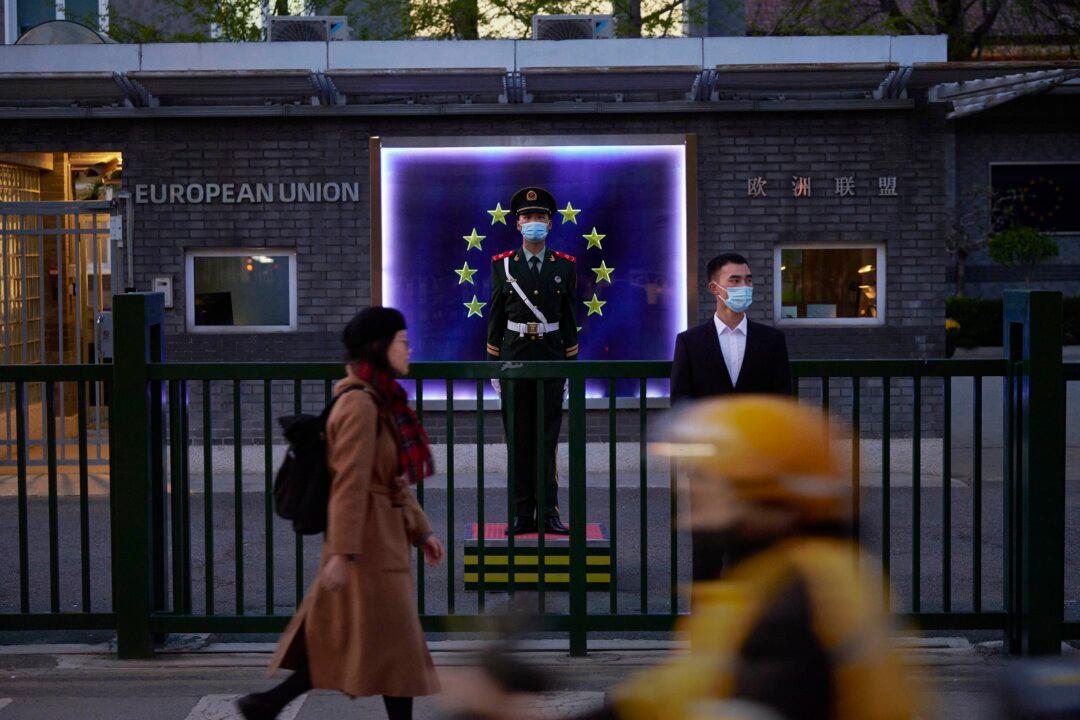Commentary
China and the European Union recently held their first in-person summit since 2019. The tone in 2023 certainly points to the difference four years can make.

China and the European Union recently held their first in-person summit since 2019. The tone in 2023 certainly points to the difference four years can make.